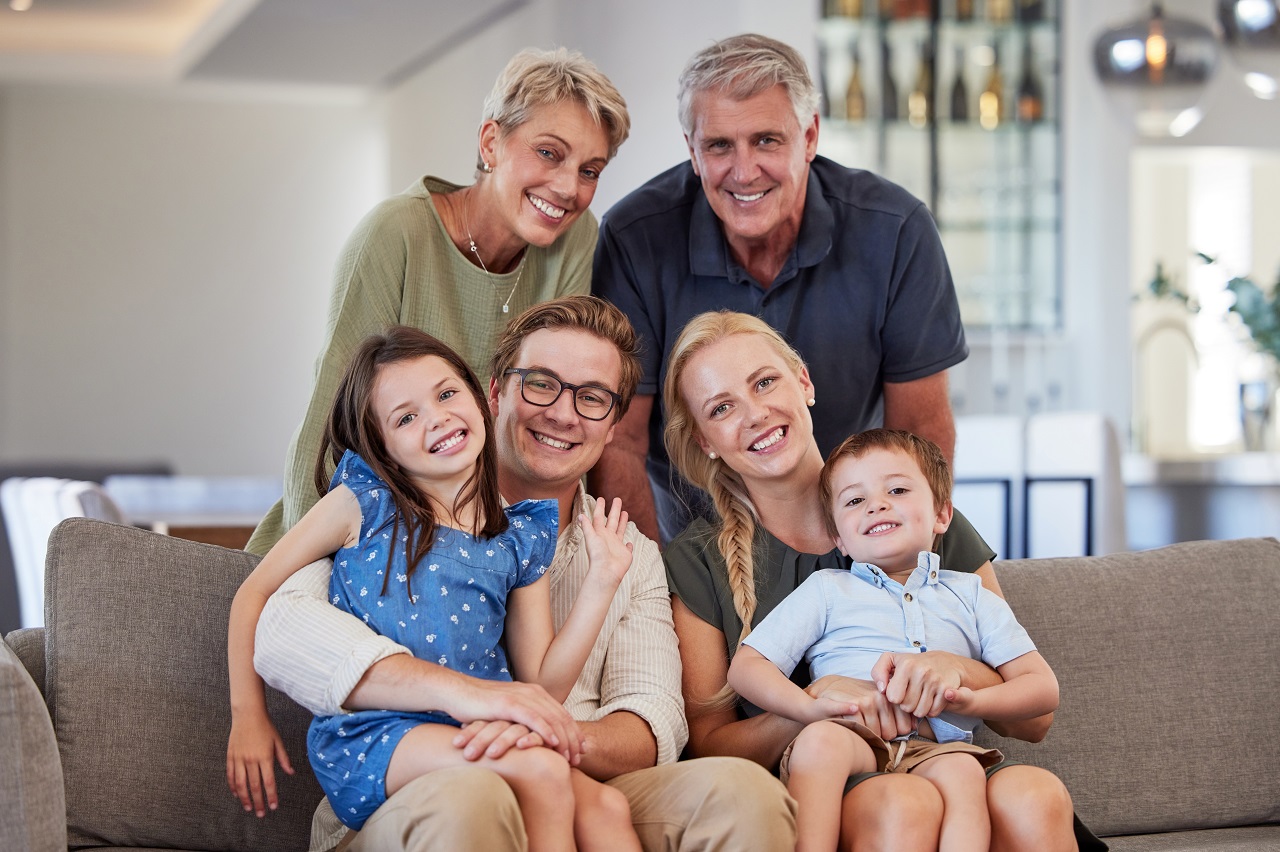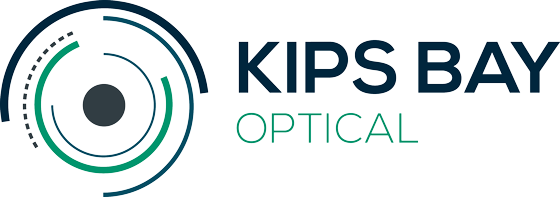Eye Exams For the Whole Family at Kips Bay Optical
At Kips Bay Optical, we prioritize your well-being by providing eye care services for your family. Our comprehensive exams offer a holistic view of your ocular condition, from precise prescriptions to in-depth eye health evaluations.

Need an Eye Exam to Update Your Prescription?
A comprehensive eye exam includes several tests and procedures to examine and evaluate the health of your eyes and the quality of your vision. These tests range from simple ones, like having you read an eye chart, to complex tests, such as using digital retinal imaging technology to evaluate retinal health.
During your eye exam, we will:
- Measure your visual acuity.
- Check for refractive errors, such as nearsightedness, farsightedness, and astigmatism.
- Examine the health of your eyes, including your cornea, retina, and optic nerve.
- Test your eye muscles and coordination.
- Look for signs of eye diseases like glaucoma, cataracts, and macular degeneration.
If you have any concerns about your vision, we will discuss them with you and recommend the best course of treatment. We also offer vision care services, including contact lenses, glasses, and sunglasses.
What should I expect during my eye exam?
Your eye exam will typically take about an hour. The first part of the exam will involve a discussion of your medical history and vision concerns. Then, the optometrist will perform several tests to assess your eyes' health and visual acuity. These tests may include:
- Visual acuity test: This test measures how well you can see at different distances.
- Refraction test: This test measures the curvature of your cornea and lens and determines if you need glasses or contact lenses.
- Ophthalmoscopy: This test allows the optometrist to examine the inside of your eye, including your retina and optic nerve.
- Tonometry: This test measures the pressure inside your eye.

How Often Should I Have an Eye Exam?
The American Optometric Association (AOA) recommends an annual eye exam for any patient who wears eyeglasses or contacts. If you don’t usually need vision correction, you still need an eye exam every year.
Doctors often recommend frequent eye examinations for people with diabetes, high blood pressure, and other disorders because many diseases can impact vision and eye health.
Since the risk of eye disease increases with advancing age, everyone over 60 should have annual exams.
If you are over 40, have your eyes examined every one to two years to check for common age-related eye problems such as presbyopia, cataracts, and macular degeneration.
Eye Exams for Children
Research estimates that approximately 5% to 10% of preschoolers and 25% of school-aged children have vision problems.
According to the AOA, all children should have their eyes examined at six months, at age three, and again at the start of school.
Children without vision problems or risk factors for eye or vision problems should continue to have their eyes examined yearly throughout school.
Children with existing vision problems or risk factors should have their eyes examined more frequently. Common risk factors for vision problems include:
- Premature birth
- Developmental delays
- Turned or crossed eyes
- Family history of eye disease
- History of eye injury
- Other physical illness or disease

The AOA recommends that children who wear eyeglasses or contact lenses should have their eyes examined at least every 12 months or according to their optometrist’s instructions.

Is There Anything I Can do to Prepare for My Eye Exam?
There are a few things you can do to prepare for your eye exam:
- Get a good night's sleep the night before your exam.
- Avoid wearing eye makeup on the day of your exam.
- Bring your glasses or contact lenses if you wear them.
- Bring a list of any medications you are taking.
I'm Nervous About My Eye Exam. What Should I Do?
It's perfectly normal to feel nervous about your eye exam. Just remember that our optometrist is there to help you. We will take the time to explain everything to you and make sure you feel comfortable.
If you have any questions about eye exams, request an appointment. We would be happy to answer any questions you have.

